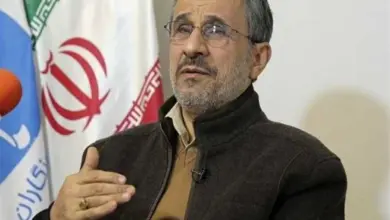Egypt’s Sumed pipeline can provide an alternative means of transport for oil from Gulf states if Iran closes down its Strait of Hormuz, an Egyptian petroleum official said Wednesday.
Nearly 17 million oil barrels pass through the strait each day, bound for various countries around the world. Iran had previously threatened to close the waterway if Western countries approve economic sanctions against the Islamic republic over its controversial nuclear program, which Tehran says is intended for peaceful uses.
Sumed is designed to transfer large quantities of petroleum for the lowest rates in the region, the Egyptian General Petroleum Corporation’s head, Hany Dahy, said at the opening of an exhibition for Arab hydro-carbon pipelines in Cairo.
Dahy said Sumed provides the lowest crude oil transfer cost, at LE314 per metric ton, 3.75 percent lower than the average rate. He said its annual transfer capacity is 117 million metric tons.
Sumed extends from the Red Sea’s Ain Sokhna seaport to Sidi Krir on the Mediterranean and is owned by the Arab Petroleum Pipelines Company, a joint venture run by Egypt, the United Arab Emirates, Kuwait, Saudi Arabia and Qatar.
Dahy said the installation of regional and international pipeline networks has helped reinforce inter-Arab collaboration in the industry.
Secretary General of the Organization of Arab Petroleum Exporting Countries Abbas Ali al-Naqy said during the conference that preliminary studies reveal an increasing demand for oil and that Arab countries will play a vital role in fulfilling it through developing and expanding oil and gas pipeline networks.
Translated from Al-Masry Al-Youm




